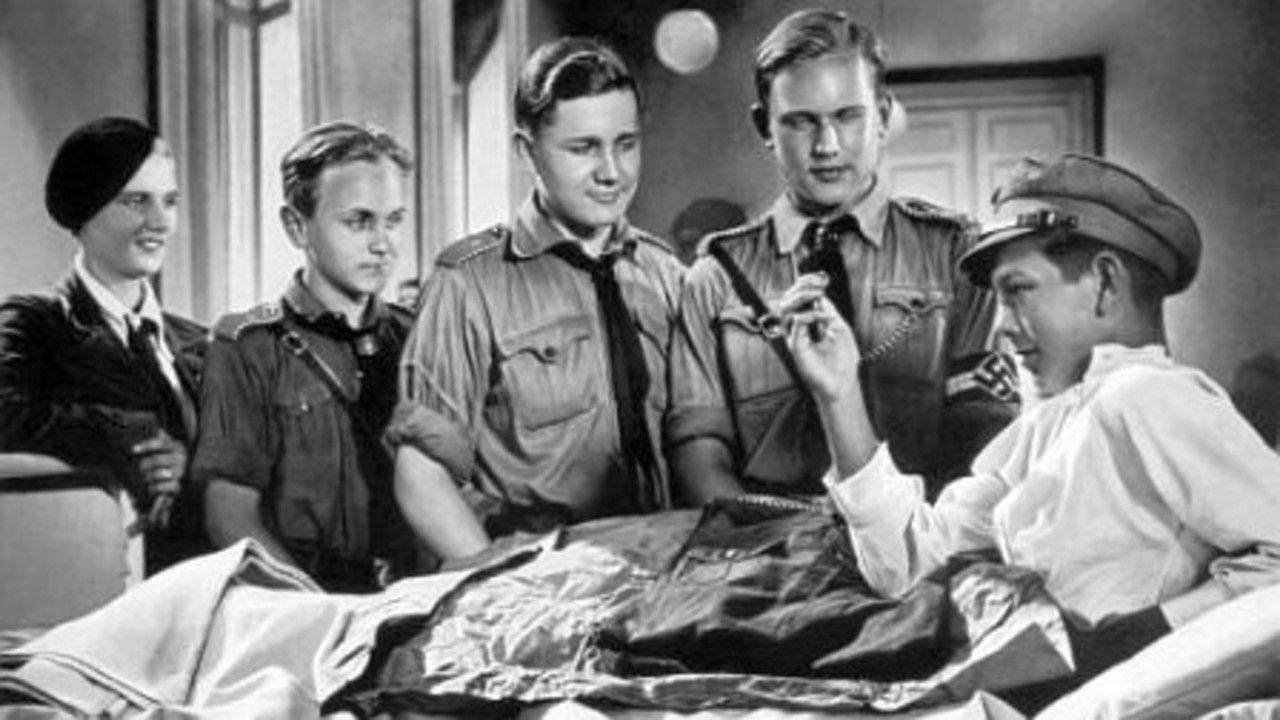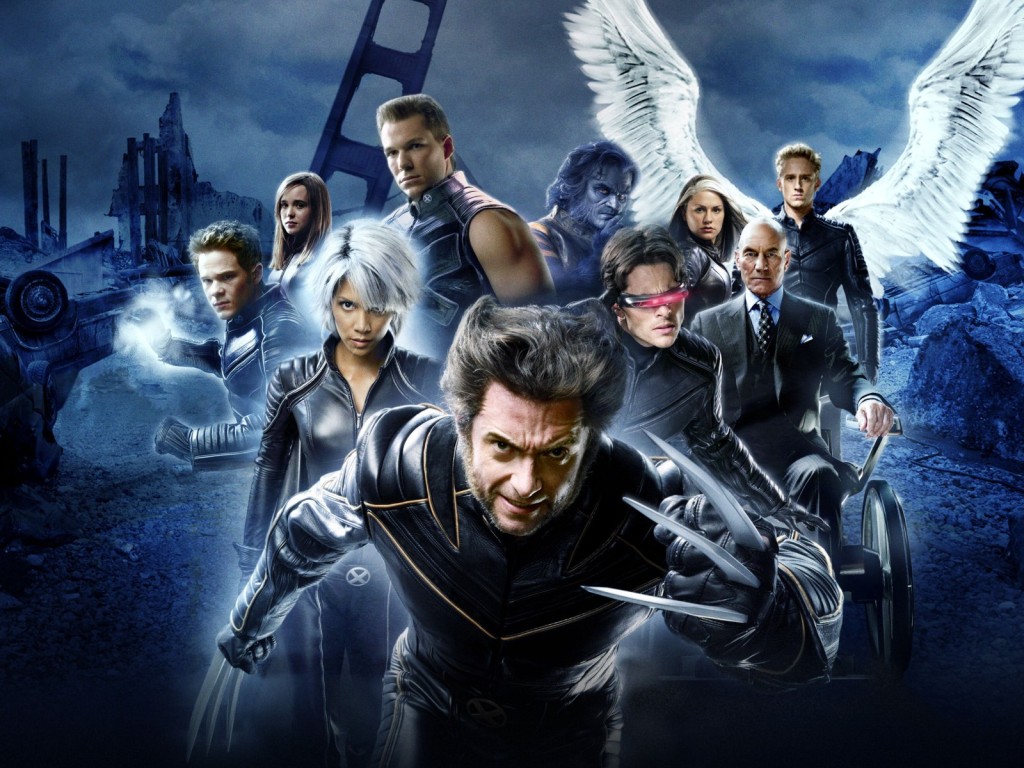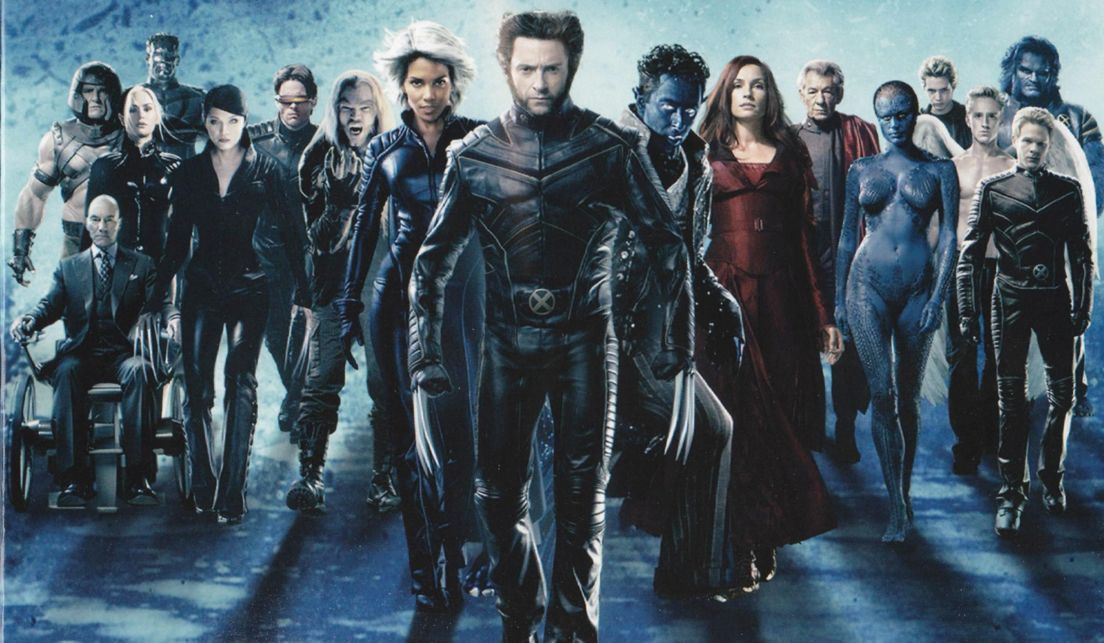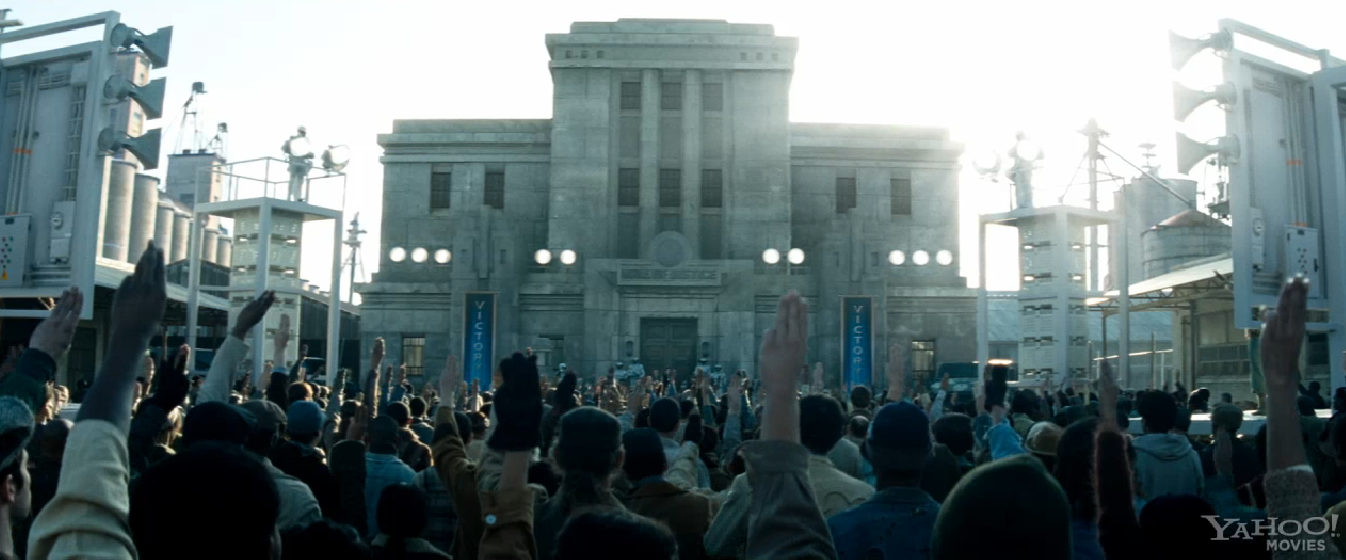I remember an argument I had about a year ago during Oscar season, with a buddy of mine about the very notion of movies being more than just… movies. She wondered why I and many other cinephiles were desperately clamouring for Barry Jenkins’ “Moonlight” to win Best Picture. “Who cares if it’s a movie about a character who is black and homosexual? It’s just a movie.”
Over the years, I’ve heard many arguments in that same vein, like, “why are people making a big fuss about Oscar so white?” A couple of days ago, I brought up the notion of politics in comic book movies, again, with a friend. “Stop over analyzing every f**king thing. Why can’t movies just be switchoffyourbrains entertainment anymore?”

But here’s the funny thing. When have movies EVER been mere entertainment vehicles?
We must look to Hitler and Nazi Germany during the World War II era. How did a tiny dude with horrible facial grooming skills rise to power? Did he put guns to the heads of Germans and force them to suck his dick? No. He rose to prominence because he successfully convinced people to buy into his ideologies, through propaganda. Even atop the food chain, Hitler realised the importance of disseminating ideology, especially through art and so he took over the German film industry.
When Hitler came to power in 1933, Germany had the second largest film industry in the world at the time. Along with the Minister of Propaganda, Dr. Joseph Goebbels, Hitler transformed the industry from a free-flowing medium for artistic expression into a rigidly regulated method for the government to influence the thoughts of German moviegoers.

The 1933 film “Hitlerjunge Quex” (“Our Flags Lead Us Forward”) entails a Hitler Youth named Heine Volker who gets killed by socialists/communists. Isn’t this just a regular piece of entertainment that falls under the ‘drama’ genre? Not at all. Films like this convinced young Germans that Hitler’s way is the right way.
This isn’t to say that movies aren’t there to entertain. On the contrary, it is because films, music (and art in general) function first and foremost as entertainment vehicles, it is especially powerful.
Wait… Pause! WTF is an ideology? And what does it have to do with X-Men?

In his book “Understanding Movies”, Louis Giannetti states:
“Ideology is usually defined as a body of ideas reflecting the social needs and aspirations of an individual, group, class, or culture. The term is generally associated with politics and party platforms, but it can also mean a given set of values that are implicit in any human enterprise — including filmmaking.”
I know, sounds like a bunch of complicated mumbo jumbo. But in simpler terms in means, ideologies are a system of IDEAS that can be spread via various means including FILMS. And these ideologies that are disseminated don’t have to be explicit. More often than not, ideologies are spread implicitly — which can be all the more powerful.
Three categories of ideology in films.

Giannetti posits that there are THREE categories of ideologies in film, which are NEUTRAL, IMPLICIT and EXPLICIT.
The neutral category consists of movies that are solely for pleasure, with little to no meaning. These films are meant to be looked at on a surface level. Pondering on Giannetti’s first category, Michael Bay’s Transformers franchise (besides the first movie) comes to mind.
Michael Bay has used a rehashed formula, in a series of Transformers movies that consists of mind-numbing action sequences and explosions with zero purpose whatsoever. Unless you count the destruction of brain cells purpose. But even in a movie like Transformers, one can argue that it isn’t exactly neutral considering many of the characters and jokes are outright stereotypical and racist. Perhaps a better example would be “Minions”, which is as basic and purposeless of a film it can possibly get.

The implicit category is one that I find most fascinating and (perhaps) most effective. In these films, Giannetti states that in this category none of the characters blatantly spell out the virtues of this story and the messages of the movie are left to the audience to interpret. 2015’s groundbreaking blockbuster, “Mad Max: Fury Road” comes to mind.
On the surface, Mad Max: Fury Road is merely a two-hour BATSHIT CRAZY post-apocalyptic car chase with illiterate crazy idiots going apeshit on a bunch of other crazy people. It comes with guns, explosions, small vehicles with spikes, HUGE vehicles with spikes, all maneuvered by pale bald men with tumours, not before spray painting their mouths silver. In other words, it’s a f**king Godsend.
But if you look deeper, this movie is so much deeper. It is one that revolves around hierarchy, religious extremism and also feminism. One of the more powerful scenes involves the female Furiosa (Charlize Theron) using the shoulder of a man, Max (Tom Hardy) to balance her rifle.
This is where movies like “Wonder Woman”, “Captain America: Civil War”, “X-Men” and many other movies, blockbuster or otherwise come in. Even movies like “Ex-Machina”, “Arrival” and “Star Wars: The Last Jedi” fall in this category.

Over the course of the past year, Patty Jenkins’ “Wonder Woman” has turned into a cultural phenomenon, because of how good the film is in general, but also because of its feminist themes. One line in the movie delivered by Diana Prince stands out in particular:
It’s concluded that men are integral for reproduction, but unnecessary for the purposes of pleasure.
This could refer to two things. One, masturbation and two (the most likely reference), girl on girl action.

The X-Men movies, on the other hand, have always been stories about the oppressed, especially members of the LGBT community. In an interview conducted with Buzzfeed Brews, Ian McKellen AKA Magneto said that the main reason he agreed to act in the X-Men franchise is that director Bryan Singer told him that the X-Men were not just ordinary superheroes, but rather, like members of the LGBT community.
I was sold it by Bryan who said, Mutants are like gays. They’re cast out by society for no good reason. And, as in all civil rights movements, they have to decide: Are they going to take the Xavier line — which is to somehow assimilate and stand up for yourself and be proud of what you are, but get on with everybody — or are you going to take the alternative view — which is, if necessary, use violence to stand up for your own rights. And that’s true. I’ve come across that division within the gay rights movement.
The third category, just like the first, is pretty straightforward. Movies with explicit ideologies have characters explicitly tell you where they stand on the moral compass as well as what the message of the story is. This brings to thought the movies like Selma, directed by Ava DuVernay.
Selma is a patriotically themed movie that is set after Martin Luther King Jr.’s famous “I have a dream” speech. In this movie, all the characters’ motives are shown in an explicit manner. We know that Martin Luther King Jr. preaches fighting for equal rights in a peaceful manner, while Malcolm X sometimes embraces violence. It is also blatantly obvious that the messages in this movie are about oppression, equality and living together in harmony.
But are films actually THAT influential?

In “Film Theory: An Introduction Through the Senses”, it is stated that film can change people’s lives and worldviews as well as transform and distort people’s perception. In 2014, theatre chains in Thailand opted to withdraw The Hunger Games movie, “Mockingjay Part 1” following the incident where several youth protesters were arrested for using the three-finger salute, a gesture taken from The Hunger Games franchise which signifies resistance against an authoritarian government.
Here’s another interesting finding. In a research done by Michelle Pautz, she discovered that after watching Oscar-winning films “Zero Dark Thirty” and “Argo”, approximately 25% of her sample space changed their opinion on the government, choosing to trust the direction of the United States government. In fact, the usage of films as a persuasive tool isn’t something new. Even during World War 1, the United States used films to shape public opinion in favour of the United States, whereby films such as Battle Cry of Peace explicitly showed German soldiers laying New York City to waste.
Movies are windows to the world and humanity.
Whether you realise it or not, movies are windows to the world and humanity. Whether you’re conscious of it or not, movies play a role in shaping your perception. Which is why it’s important for all voices to be heard, whether you’re male, female, black, white, brown or green with purple tentacles. Without representation from all walks of life in front and behind the camera, we risk consuming films with skewed, one-sided ideologies, which of course has been a Hollywood staple for the longest of times.
Thankfully, change seems to be taking place, with the likes of Jordan Peele and Greta Gerwig getting best director nods at the Oscars. This is also why it’s important for us to continue to explore and examine films on a deeper level.
Hey you! Yes you, hot stuff. Like my article? Leave a comment below and let me know what you think. Also, don’t forget to share it with your buds.
Follow us on Instagram, Facebook or Telegram for more updates and breaking news.



